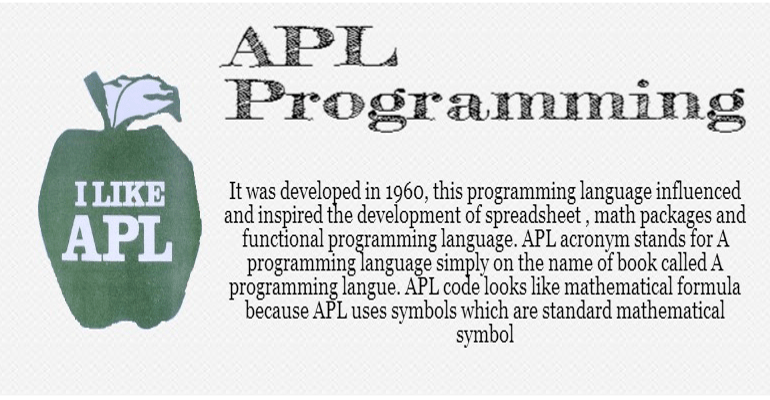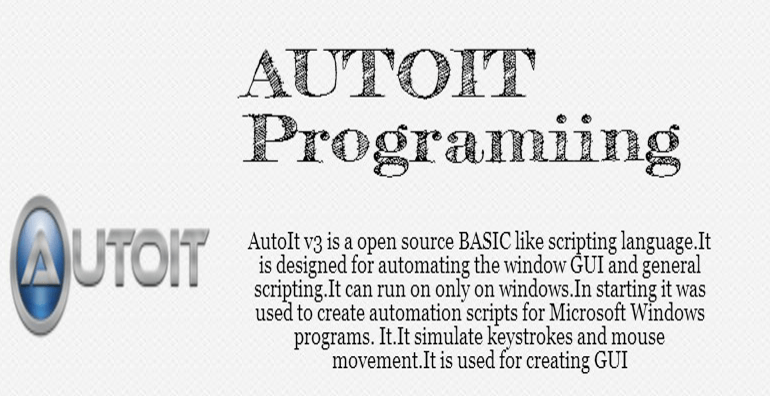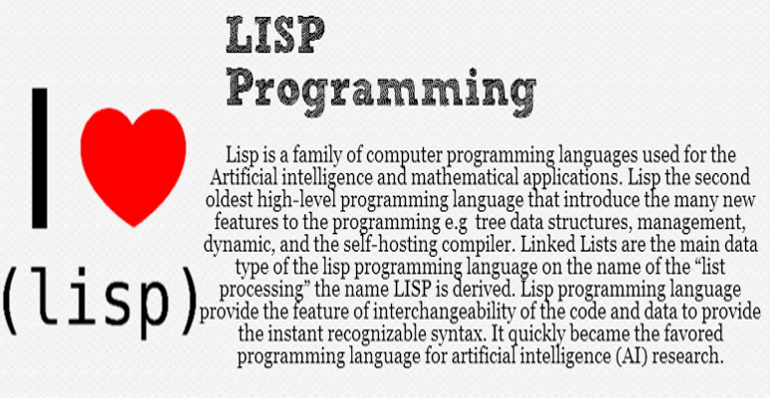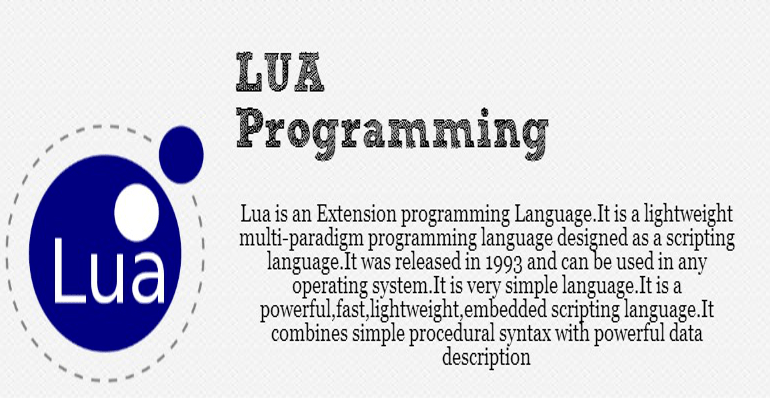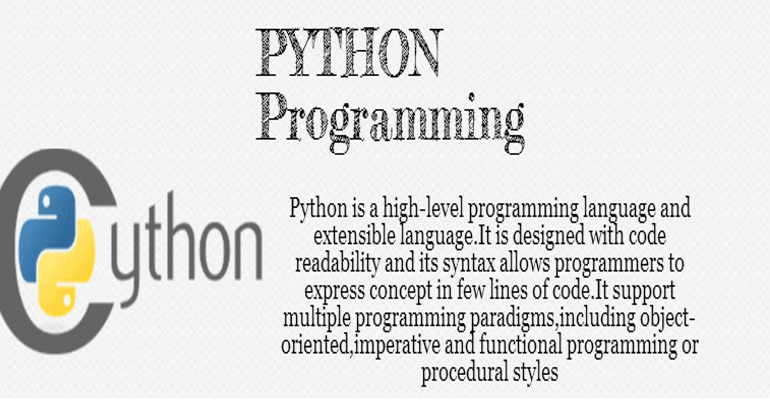Interpreted mode programming Languages
Introduction to Interpreted Programming languages
In computer programming, an interpreted language is a programming language in which programs are 'indirectly' executed ("interpreted") by an interpreter program. This can be contrasted with a compiled language which is converted into machine code and then 'directly' executed by the host CPU. Theoretically, any language may be compiled or interpreted, so this designation is applied purely because of common implementation practice and not some essential property of a language. Avoiding compilation, interpreted programs are easier to evolve during both development and execution (where they can morph themselves). On the other hand, since compilation implies translation into more machine-friendly format, interpreted programs run slower and less efficiently (i.e. waste considerably more energy). This is especially true for higher-level scripting languages, whose statements are complex to analyze compared to machine instruction.
